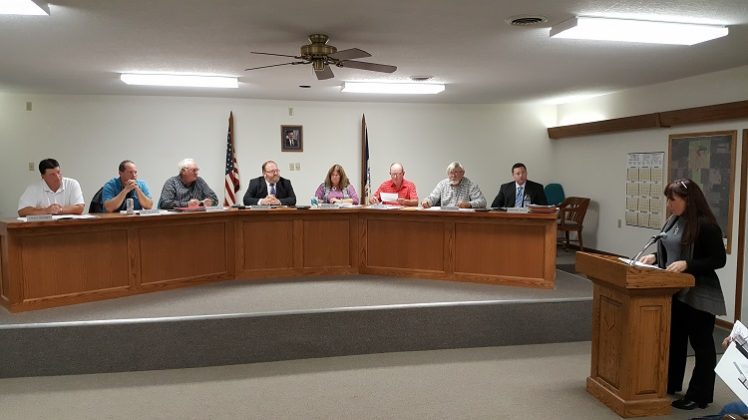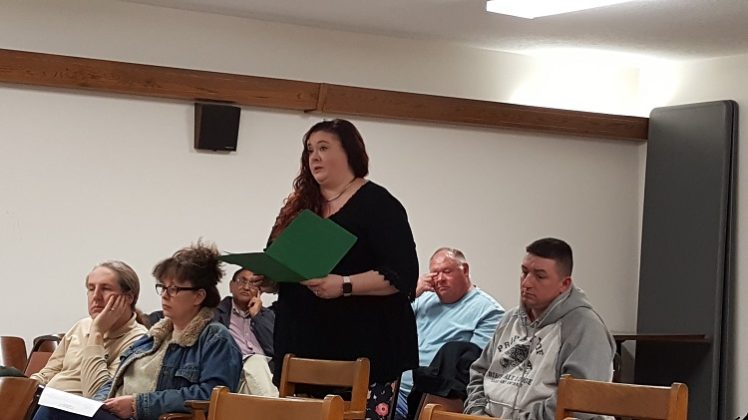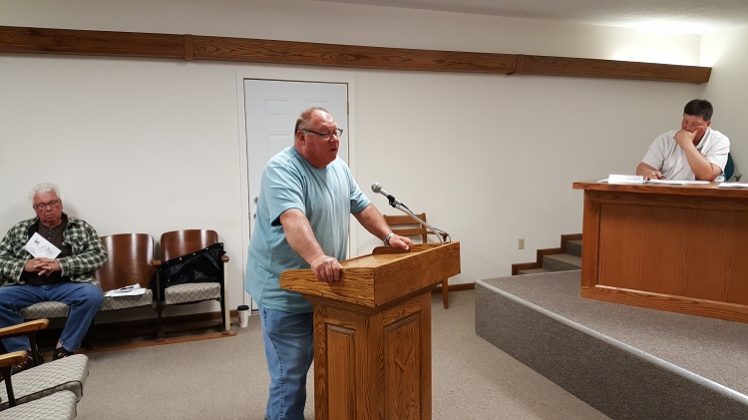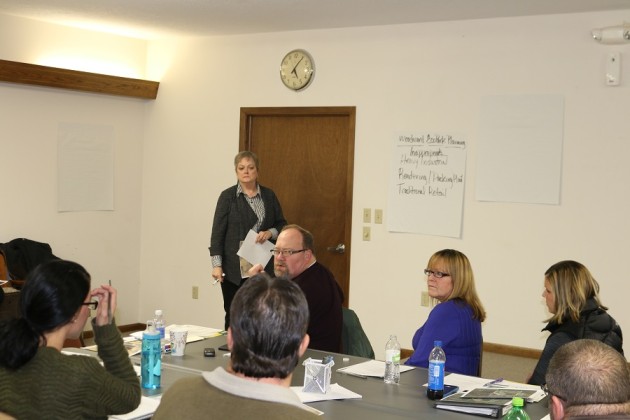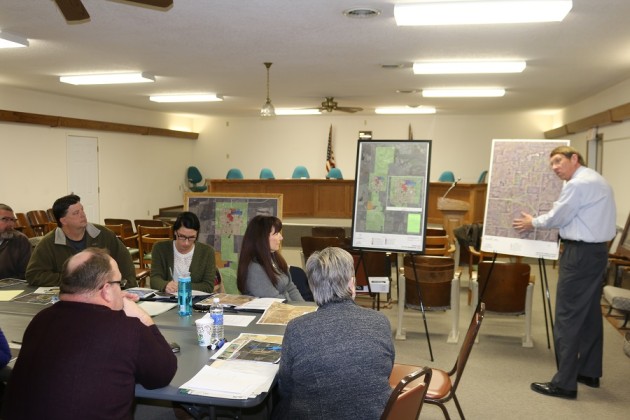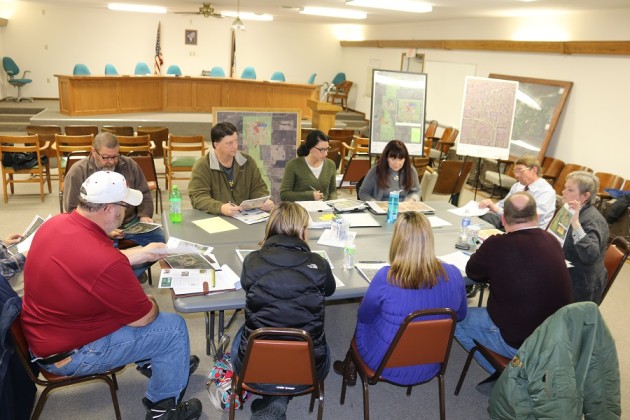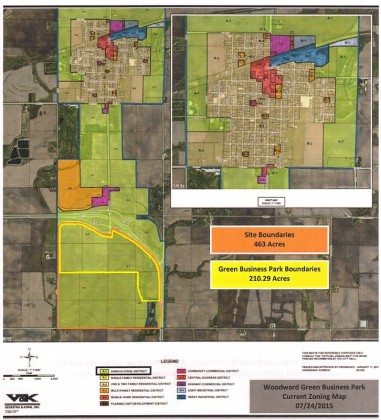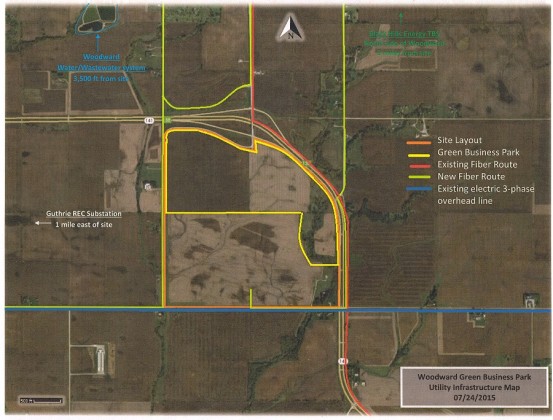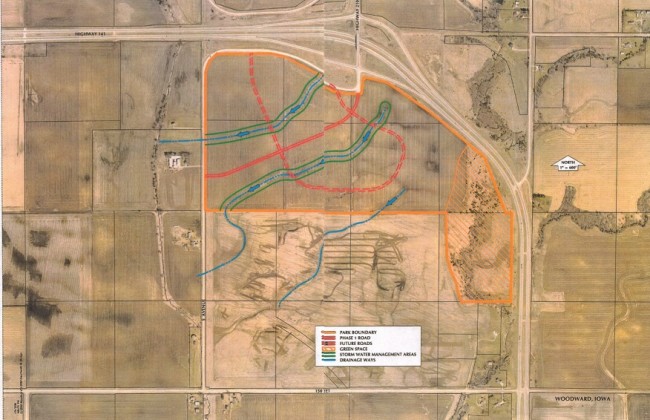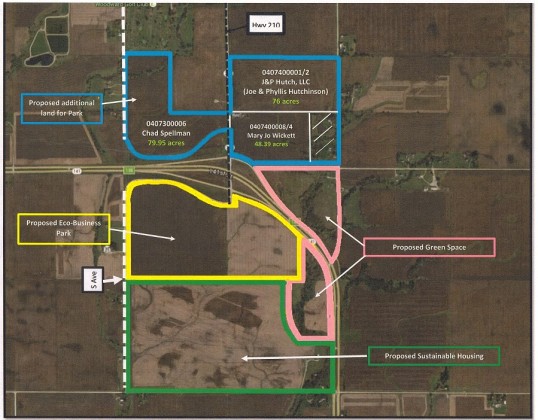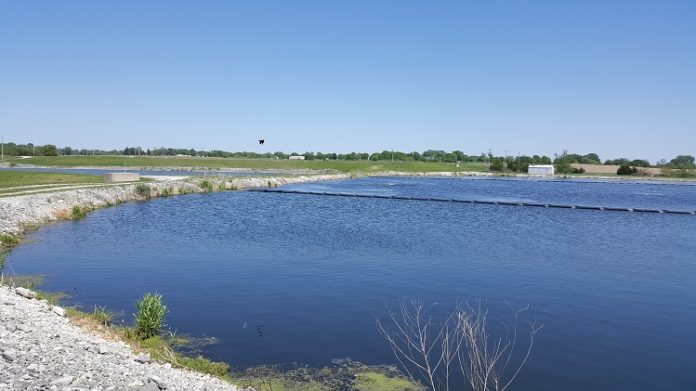
Woodward residents will have a chance to air their anti-government grievances Thursday night at a public meeting in the Woodward-Granger High School auditorium at 7 p.m.
Everything from the new open-burning ordinance to the recent hike in sewer rates will be on the table, and explosive comments about the recent fireworks freedoms are expected from the short fuses in the house.
On the question of open burning of yard waste, the council recently amended the town’s open-burning ordinance following their April meeting, at which residents Twila Sprott, Terry Luke and others strongly advocated a complete ban on open burning within city limits. The council amended the ordinance after weighing the question at a May 15 work session.
According to the new ordinance, open burning will be allowed in Woodward between 9 a.m. and 3 p.m. only during the last two weekends in April and the first two weekends in May and during the last two weekends in October and the first two weekends in November.
The city will also begin weekly curbside pickup of yard waste, with grass and leaves put in bags and limbs bundled in five-foot lengths.
Other issues will likely exercise the populace at Thursday’s meeting, which a social-media promoter of the event described as “about rising costs.” But that description is very vague. Costs are always rising, at least apart from times when the investment banksters are crashing the financial system and causing a second great depression, which cause wages and prices to fall.
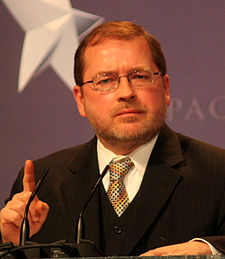
Hating taxes is an article of faith for conservatives. Some politicians even take this as far as promising Grover Norquist they will never vote for a tax increase. And they are dead serious about this pledge. Vice President Mike Pence would sooner dine alone with a married woman than the Norquist faithful would break their promise.
They have vowed to help Norquist “shrink government to the size where we can drown it in a bathtub.”
A variety of blunt instruments have been proposed to achieve this blunt goal: abolition of the U.S. Internal Revenue Service or passage of a balanced budget amendment to the U.S. Constitution or deployment of Tea Party patriots to shut down the government sooner than pass an appropriations bill.
These noble efforts have been opposed at every step by the tax-and-spend liberals and their turf-conscious bureaucratic hirelings. This fight for the soul of the U.S. dollar is ongoing.
At the same time, for all our hatred of the government, we do like our streets in good repair, and we like our water pure enough to drink. Woodward’s city leaders have significantly improved the quality of life for residents in both these respects in the last few years.
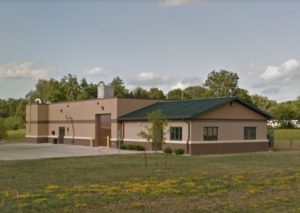
For instance, the city’s new water treatment plant at 409 Ironwood Ave. was completed in 2012.
“Our old facility was over 45 years old, was literally falling apart and had doubled its life expectancy,” according to Woodward City Council member Craig DeHoet, who has served since 2010. He recently shared his thoughts “about rising costs” on social media.
He said the council “had no choice but to find another solution” for delivering clean drinking water to residents, so they opted to build the new $1.9 million facility, with its 20-year life expectancy and its capacity to serve a city population of up to 2,500 users. Woodward’s population today is about 1,500.
This infrastructure investment is being paid for in part by higher rates for the city’s water users, but Woodward’s rates “are not even close to the highest water rates in the state,” DeHoet said, with this refuting one of the many uninformed assertions made on social media.
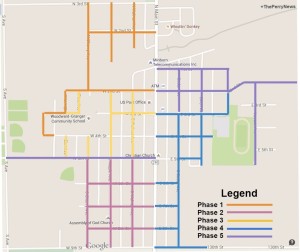
In 2015 the Woodward City Council spent about $2.2 million resurfacing the city’s streets. Debt service on the bonds sold to finance the street improvements is borne by property owners in the form of property taxes.
Infrastructure improvements of about $4 million in five years puts a strain on a rural community of 1,500 souls even if that community lies in the path of Dallas County’s steady economic development.
Now comes the Iowa Department of Natural Resources, which has tightened up its discharge limits for nutrients coming out of municipal wastewater treatment facilities. While it is true that Iowa agriculture accounts for about 92 percent of the nutrient pollution in the state’s waterways, according to the Iowa Nutrient Reduction Strategy, it seems that cities must clean up their nutrient discharges first.
“We are being required by the Iowa Department of Natural Resources (DNR) to update our lagoon system,” Council member DeHoet said. “We have no choice in this matter. We are raising user fees to pay the debt instead of raising property taxes.”
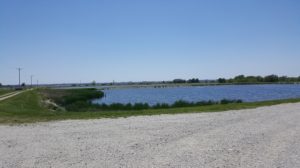
The city is facing a $3.2 million cost to upgrade its wastewater treatment system. To pay for the state-mandated improvements, sewer users rates were raised by $10 a month starting June 1. This means a household will see its sewer usage rates go from $8 a month to $18 a month, a 225 percent jump.
This is a large rate increase — it is dwarfed by the 450 percent in water rates that residents saw in 2011, when the monthly price went from $4 to $22 — but the council chose to proceed in this way.
“If we would have used property tax revenue,” DeHoet said, “the people who have higher-value homes and our local businesses would have paid more towards the debt even if they used the service less than their neighbors. And if your property value increased, you would pay even more. By increasing the user fee and using to finance the lagoon improvements, every user pays the same. This was the fairest option we could do. This was the same option we used to finance the water plant as well.”
It has been exactly two years since former Iowa Gov. Terry Branstad announced the selection of the Woodward Eco Business Park as the pilot site for a new Green Certification program, a form of sustainable certified site status.
The 463-acre Woodward site lies south of the junction of Iowa Highway 141 and Iowa Highway 210. About 150 acres are zoned and certified for business development, with the rest given to support services and housing.
“This pilot project is a first of its kind in the nation and will put Woodward on the map,” Woodward Mayor Brian Devick said in July 2015. “A key point of this new category is the requirement to develop and adopt covenants that will provide strong guidance for the future development of the Green Business Park. We are very excited to start the process of the new certification.”
DeHoet, who sits on the city’s Woodward Economic Development group, said at the time, “This new classification of ‘green certification’ recognizes the importance of reducing the environmental impact of development. The diversification this will provide to the Woodward economy is something we have planned and dreamed of for years.”
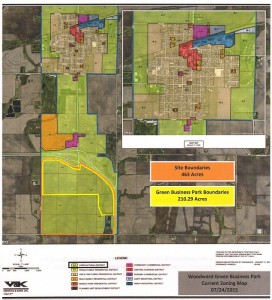
Two years on and the dream remains just that: a dream. The certification process is nearly complete, but Woodward has not yet attracted its Facebook or Google or Microsoft as the metro suburbs have done. It remains poised to share in the economic development.
If the Eco-Business Park eventually attracts new businesses and new jobs, those would increase the property tax base and the revenues for both the city’s and school district’s services. Residential development would likely follow suit, as would more money circulating in the local economy, a boon to retail traders and service-sector workers all around.
With this potential in view, the Woodward City Council has created a tax increment financing (TIF) district that takes in the site’s 463 acres. Taxes collected on the incremental increases in the district’s property values will be used to bootstrap infrastructure projects, such as roads and water and sewer construction. In theory, these improvements will attract more occupants, which in turn will generate more TIF tax revenues to pay for more infrastructure.
The Eco-Business Park project’s leader is the Greater Dallas County Development Alliance, with partners such as the Iowa Economic Development Authority, Minburn Communications, Aureon, Impact7G, Veenstra and Kimm and the Guthrie County Rural Electric Cooperative joining in.
“This is exactly the type of forward-thinking, sustainable initiative that will put Woodward on the map,” said Sue Cosner, vice president for community initiatives with the Iowa Area Development Group.








